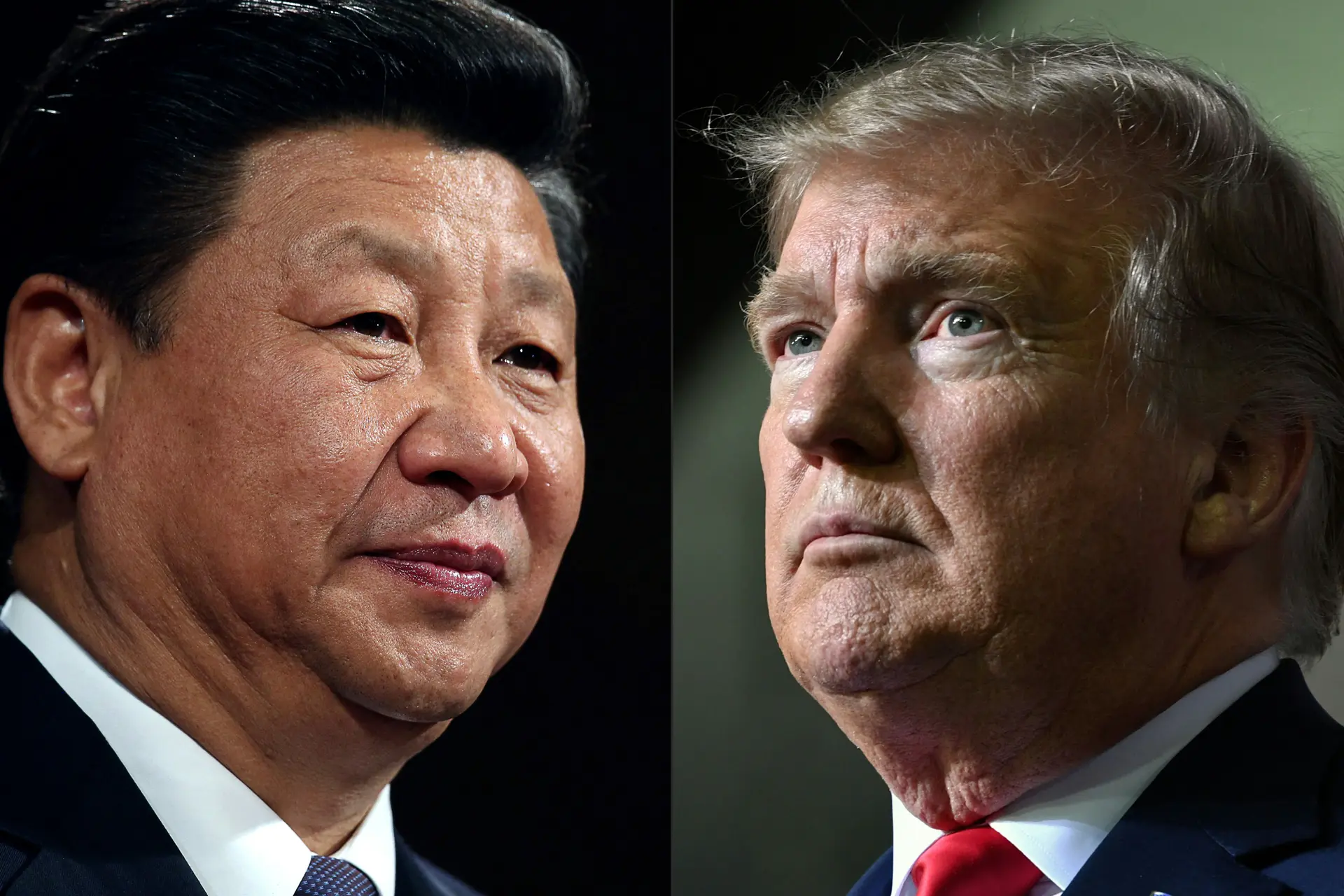LOCAL

CHINA HAS IMPOSED A SUBSTANTIAL TARIFF HIKE OF 125% ON AMERICAN GOODS, INTENSIFYING THE ONGOING TRADE DISPUTE WITH THE U.S.
Marking a significant deterioration in trade relations, China revealed plans on Friday, April 11th to impose 125% duties on U.S. imports, while dismissing potential American counter-tariffs as economically irrelevant.
The tariff hike lands amid turbulent global markets, where a week of retaliatory exchanges between Beijing and Washington has sent shockwaves through international exchanges.
Beijing attributed recent market instability to Trump's trade maneuvers, dismissing the U.S. approach as ''numerical posturing'' devoid of substantive economic rationale. “The United States’ imposition of round upon round of abnormally high tariffs on China has become a numbers game with no practical significance in economics,” according to spokesperson of China’s Ministry of Commerce.
“If the U.S. continues to play the tariff numbers game, China will ignore it.” President Trump recently escalated tariffs on Chinese goods to 145%, though in a conciliatory gesture, he temporarily suspended some planned measures for 90 days following intense market reactions.
China retaliated by increasing its tariffs to 125%, starting Saturday, and announced plans to lodge an official complaint with the WTO.
The Chinese Finance Ministry bluntly warned that "with tariffs this high, U.S. goods entering China will find no market demand."
Even as financial markets reacted sharply, Trump stood firm, insisting the upheaval was short-term and that his approach would "ultimately strengthen the U.S. economy."
“It’ll all work out beautifully,” he said, brushing off the sharp market drops and widespread disruptions to global trade.
His comments were met with scepticism from both international leaders and financial analysts. European Commission President Ursula von der Leyen warned that the EU was ready with a “wide range of countermeasures,” while French President Emmanuel Macron urged the bloc to remain firm in the face of U.S. pressure.
“Europe must continue to work on all the necessary counter-measures,” Macron posted on X (formerly Twitter).
Chinese President Xi Jinping called for closer cooperation with the EU to resist Washington's “unilateral bullying practices.”
“China and Europe should fulfill their international responsibilities… and jointly resist unilateral bullying,” Xi said during talks with Spanish Prime Minister Pedro Sanchez.
Financial markets mirrored the escalating strain, with Tokyo plunging over 4%, followed by substantial declines in Sydney, Seoul, and Singapore.
Commodities reacted sharply: Oil declined, gold skyrocketed beyond $3,200 per ounce, and investors abandoned U.S. Treasuries for more secure holdings.
“The sugar high from Trump’s tariff pause is fading fast,” noted Stephen Innes of SPI Asset Management. “Bottom line: the world’s two largest economies are in a full-blown trade war — and there are no winners.”
Though Trump maintains his aggressive approach will eventually lead to a “Golden Age,” opponents argue the conflict is fueling economic volatility, straining alliances, and inflating costs for American households.
The president has cautioned, however, that tariffs may be reinstated post-pause absent an agreement. “If we can’t make the deal we want to make… then we’d go back to where we were,” he said.
"This represents a significant development in our ongoing coverage of current events."— Editorial Board









